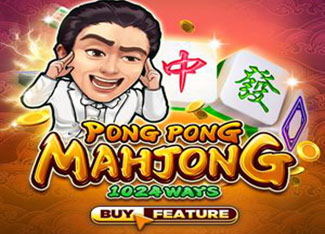IDR
Layanan Customer
Layanan Product

Permainan Terlengkap dalam seluruh platform
Lisensi Game

lisensi Resmi & Aman oleh PAGCOR
Layanan Member
Tambah Dana
Waktu
Menit
WITHDRAW
Waktu
Menit
Sistem Pembayaran

ONLINE

ONLINE

ONLINE

ONLINE

ONLINE

ONLINE

ONLINE

ONLINE

ONLINE

ONLINE

ONLINE

ONLINE

ONLINE

ONLINE

ONLINE

ONLINE

ONLINE

ONLINE

ONLINE

ONLINE

ONLINE

ONLINE
DEWASLOT99: Penyedia Permainan Gacor dari Server Macau MInimal Depo 10ribu saja
DEWASLOT99: Penyedia Permainan Gacor dari Server Macau MInimal Depo 10ribu saja
Sambutlah keberuntungan Anda di DEWASLOT99, tempat terbaik untuk memulai petualangan judi online Anda! Dengan link server Taiwan yang handal, Anda bisa bergabung dengan modal serendah 10k saja. Kami menyediakan kemudahan deposit melalui pulsa tanpa potongan rate dan menawarkan syarat Turnover (TO) terendah untuk proses penarikan dana. Ayo bergabung sekarang dan raih kemenangan besar bersama DEWASLOT99!





















































